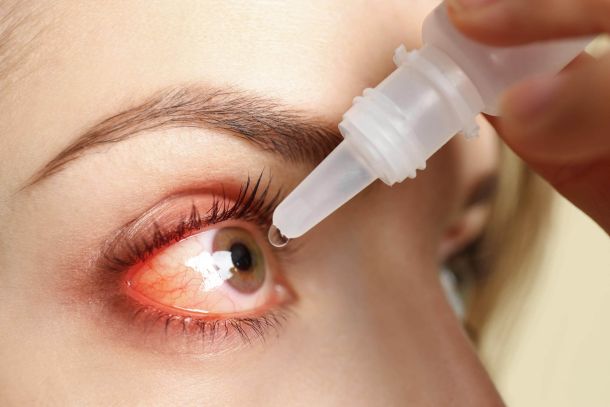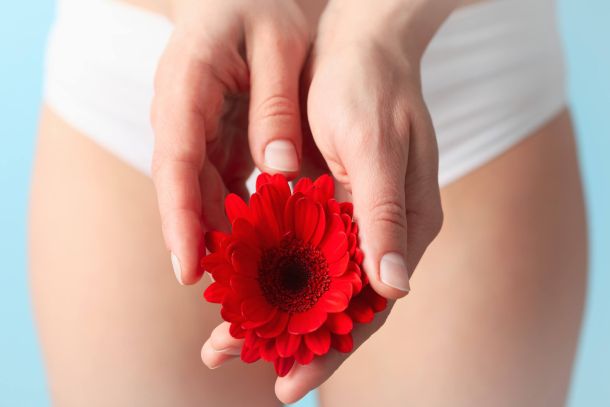How to recognize an allergy on the baby's butt: the most common symptoms
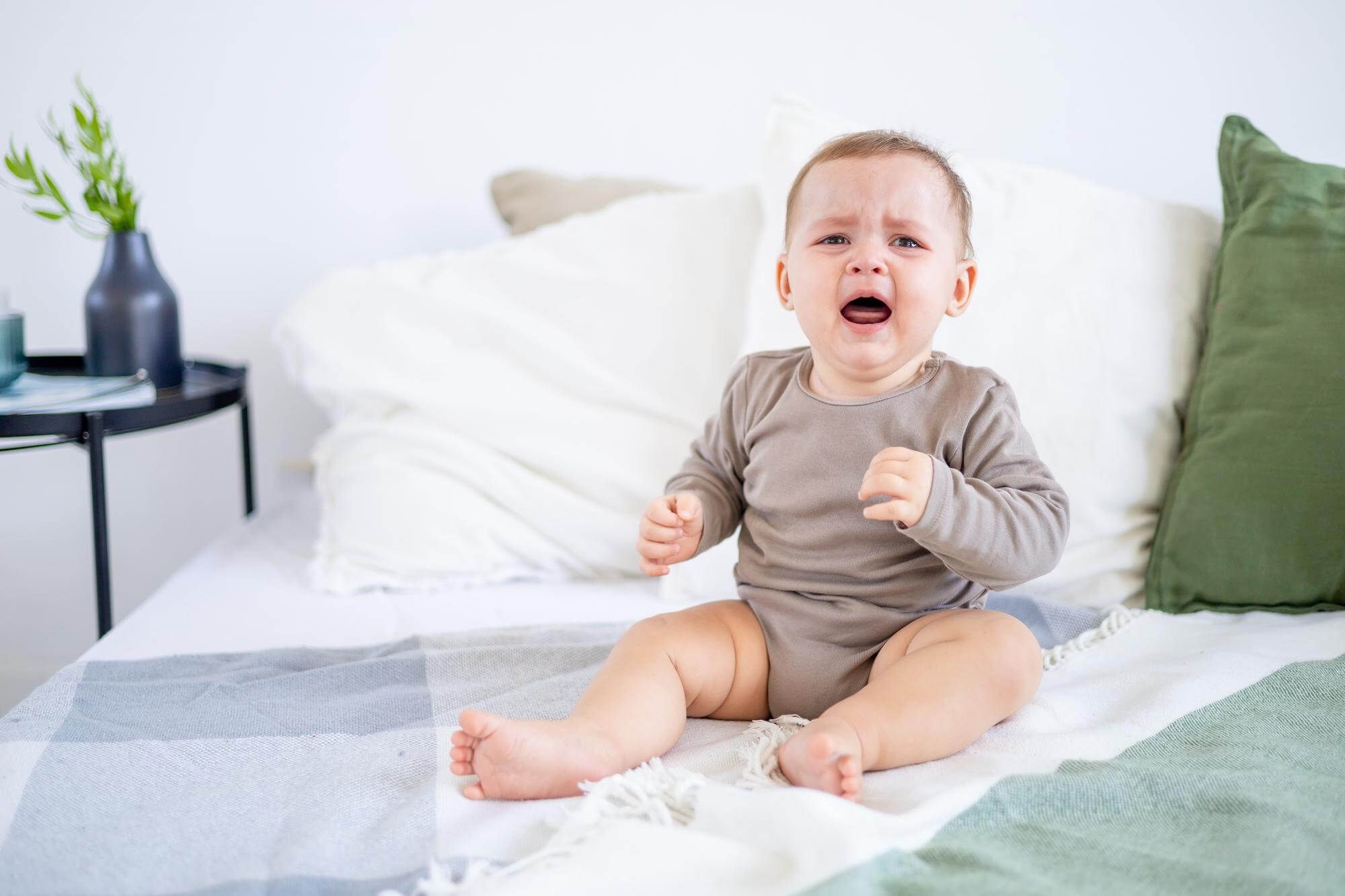

Irina Makarova
More and more parents are encountering the problem of allergies on their children's butt. In this article, we will look at the main causes, symptoms, and treatments for this unpleasant condition.
An allergy is a reaction of the body's immune system to certain substances (allergens) that cause various symptoms upon contact. Among children, allergic reactions are quite common, especially in the first years of life.
Baby butt allergy is one of the most common types of allergic reactions that can occur in infants and toddlers. It is important to pay attention to the symptoms and contact a specialist in time for diagnosis and treatment.
Causes of allergies in children
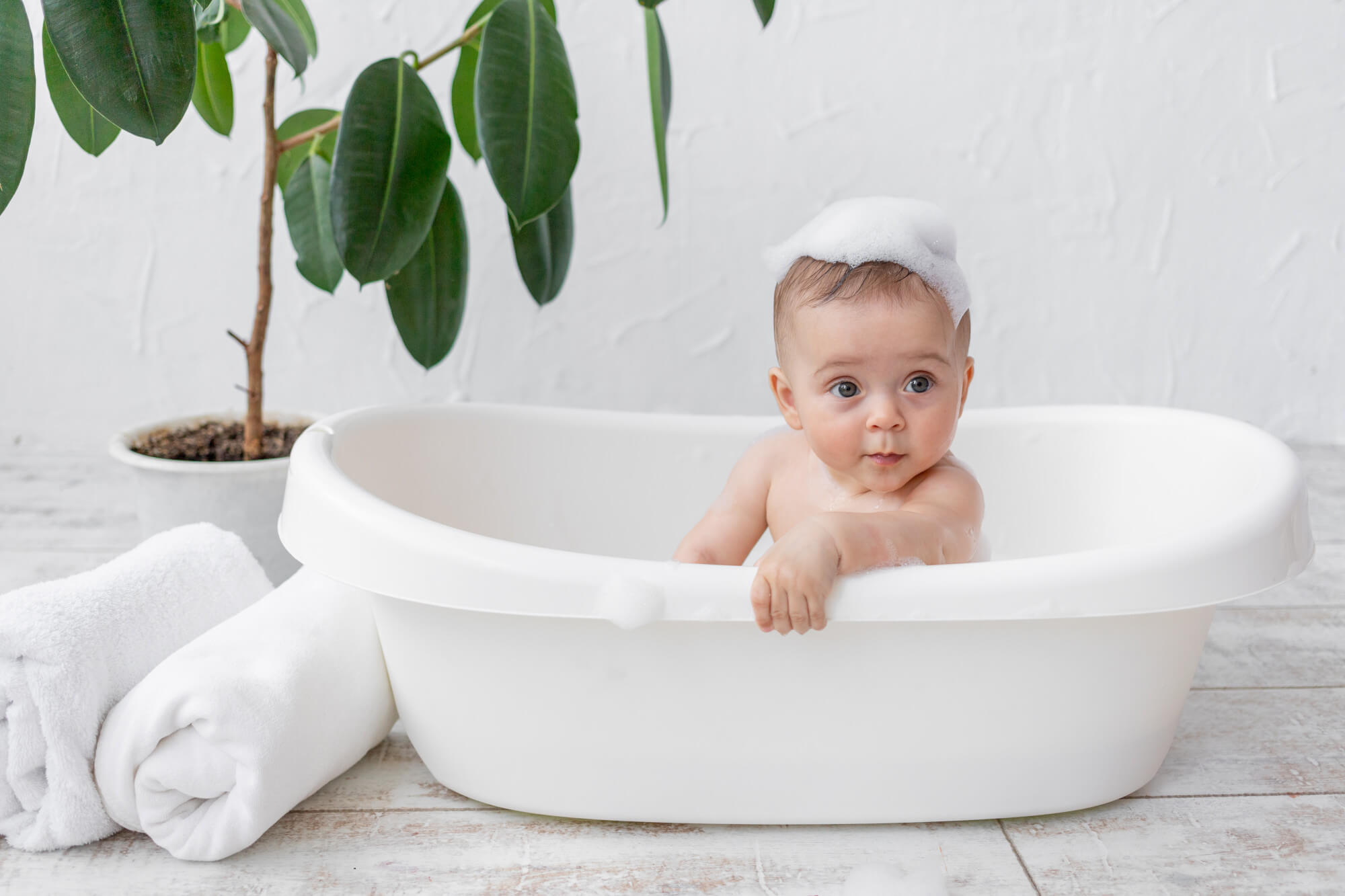
- One of the causes of allergies on the baby's butt can be food allergies. The most common allergens are dairy products, eggs, fish, nuts, and soy. If the baby is breastfed, the allergen may enter the baby's body through the mother's milk.
- Contact allergies on children's butt can occur due to the use of various detergents, such as powders, laundry gels, and soft rinses. They may contain harsh chemicals that irritate the baby's skin. Contact allergies can be caused by also by clothing materials, especially synthetic fabrics, which can cause skin irritation. To prevent allergies in children, it is recommended to use natural fabrics such as cotton.
- Atopic dermatitis on the butt can be another cause of allergies in infants and toddlers. It is a chronic skin condition characterized by inflammation, dryness and itching.
Symptoms of allergies on the baby's butt
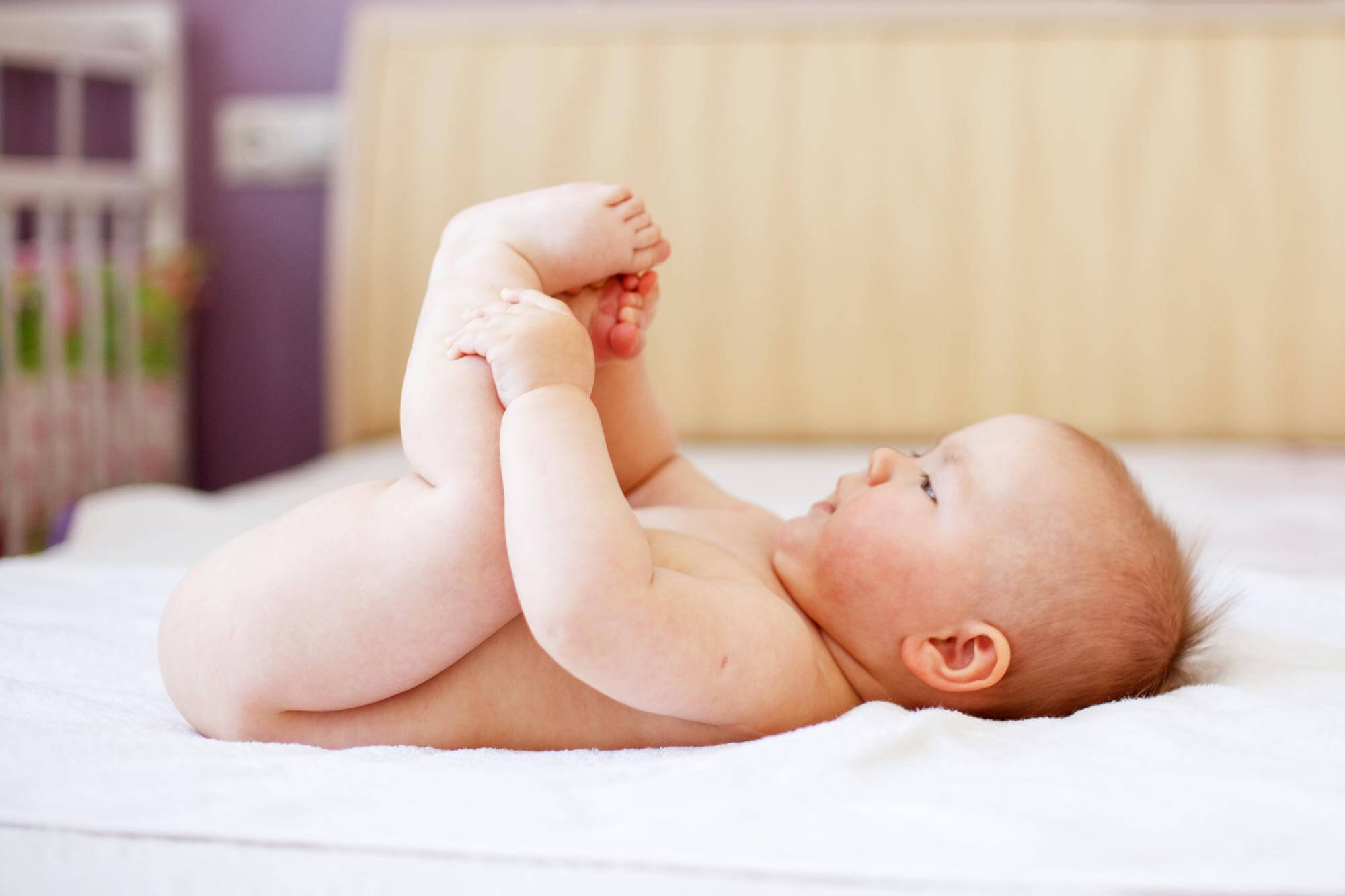
- One of the main symptoms of allergies on the baby's butt is a rash accompanied by redness of the skin. The rash can vary in appearance from small spots to large redness.
- Itching and skin irritation are common symptoms of allergies on the butt in children. The itching can be so severe that the child becomes restless and does not sleep well.
- Swelling and rashes can also accompany an infant's butt allergy. The onset of swelling may indicate a more serious form of allergy that requires immediate medical attention.
- In some cases, allergies on the butt of an infant can lead to cracks and sores on the skin, which increases the risk of infection and requires special treatment.
Diagnosis of allergies on the butt in children
- The first step in the diagnosis of allergies on the butt in children is a visual examination of the child's skin. The doctor evaluates the nature of the rash, its location and degree of severity.
- Blood tests and skin tests may be prescribed to determine possible allergens. These will help clarify the diagnosis and determine the cause of the child's allergies on the butt.
- After conducting the necessary tests, parents are advised to contact an allergist and dermatologist to clarify the diagnosis and prescribe appropriate treatment.
Treatment of allergies on the butt in children
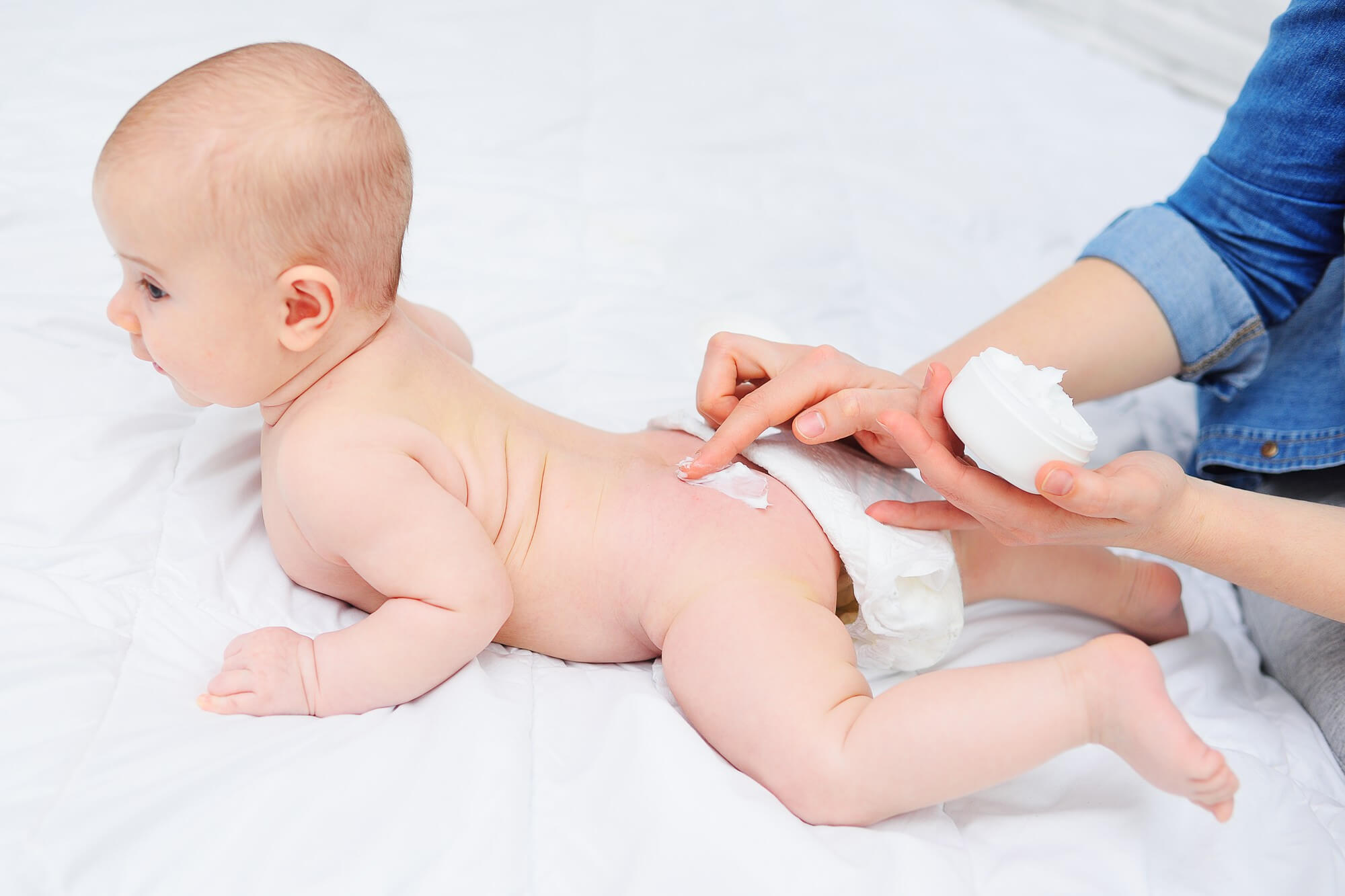
If the allergy on the child's butt is due to food allergies, allergenic products should be avoided in the infant's and breastfeeding mother's diet. It is important to follow the doctor's recommendations and monitor the composition of food.
With contact allergies, detergents should be replaced with hypoallergenic ones and clothes made of natural materials should be used. This will help reduce skin irritation and reduce the symptoms of allergies on the butt in children.
To soften and moisturize the skin, you can use special creams and ointments, which will alleviate the symptoms of allergies on the baby's butt. It is important to choose preparations without aggressive components and fragrances.
If there is inflammation and itching, anti-inflammatory local preparations such as hydrocortisone ointment or creams based on pimecrolimus and tacrolimus can be prescribed. Their use should be supervised by a physician.
Antihistamines such as cetirizine, loratadine, or phenistyl may be prescribed to relieve itching and reduce the allergic reaction. They may be used in the form of syrups or tablets, depending on the child's age and the doctor's recommendation.
In severe cases, when allergies on the butt in infants do not respond to the standard treatment, hormonal drugs such as prednisolone may be prescribed. However, their use requires strict adherence to the dosage and supervision of a specialist, as they have side effects.
Preventing butt allergies in children
The following rules are recommended for the prevention of allergies on the butt of children:
- Use hypoallergenic detergents and cosmetics to care for the child's skin.
- Wear clothing made from natural materials and ensure timely diaper changes.
- Maintain the baby's skin hygiene and give the baby daily skin baths.
- When introducing complementary foods, be attentive to the body's reactions to new foods and follow the rules of gradual introduction of allergenic products.
- Regularly ventilate the room and maintain optimum humidity levels.
Allergies on the baby's butt are a common problem faced by many parents. It is important to closely monitor the condition of the child's skin and seek prompt professional advice for diagnosis and treatment. Compliance with preventive measures and doctors' recommendations will help reduce the risk of developing allergies on the baby's butt and ensure the comfort of the child's skin.
New materials
Popular Articles
We recommend reading
Contact us in the Contact Us section to ask questions, offer ideas, or for more information about our allergy resource.
Our articles are your trusted source of allergy knowledge. Learn how to make life with allergic reactions easier on our specialized portal.
©
Lechenie-Allergii.com. All rights reserved.
© Lechenie-Allergii.com. All rights reserved.
The information on this site is for informational purposes only and is not a substitute for professional medical advice. We recommend consulting with qualified medical professionals for accurate information and advice.
 English
English  Українська
Українська  Русский
Русский 








